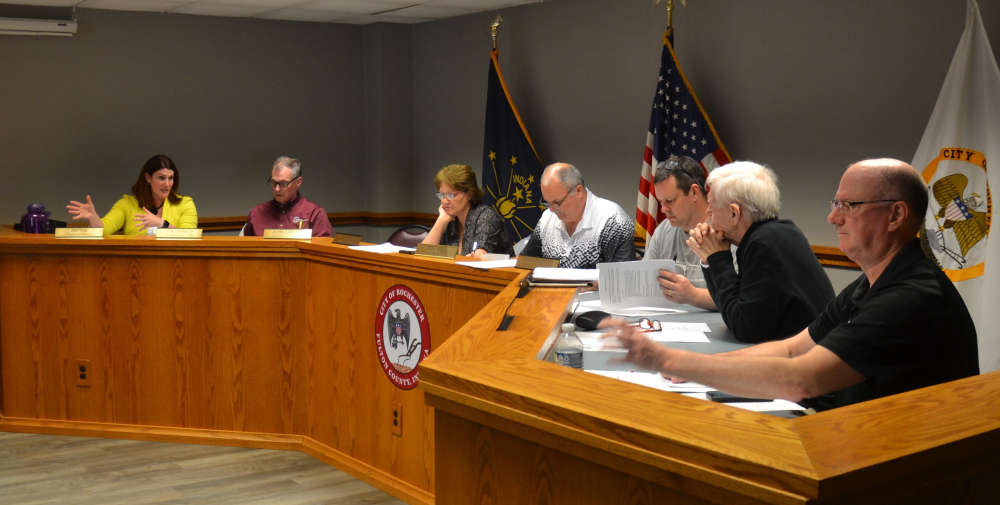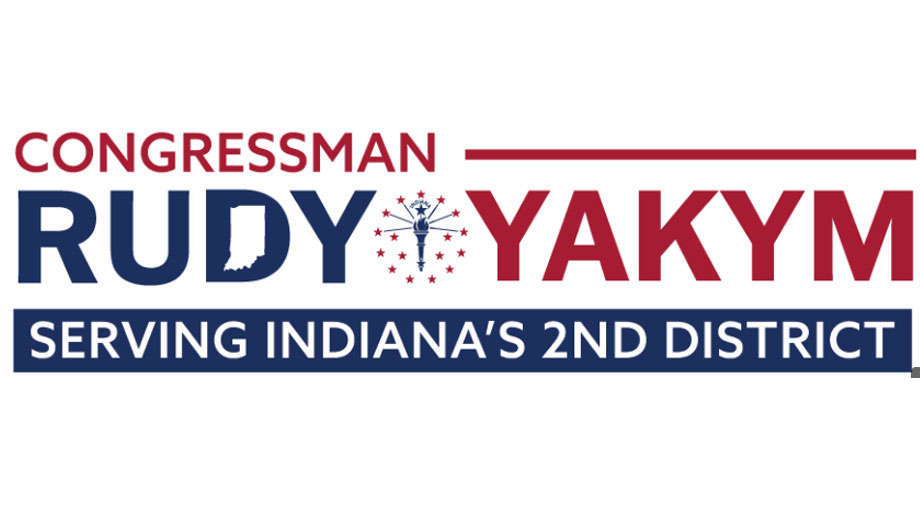
The Rochester City Council has established new rules and regulations for food trucks operating within the city.
An ordinance regarding the use of food trucks, defined as mobile food vehicles, was approved at the council's meeting Tuesday. Passage of the ordinance followed roughly a half-hour of discussion by council members seeking clarification on approval and permitting processes.
As discussed and outlined in the ordinance, forms to apply for a permit are to be provided by the clerk-treasurer's office. Applicants will then be added to the agenda of either the Rochester Board of Public Works or park board, if wanting to operate on park property, for approval on dates, times and locations they plan to be in operation.
Permitting fees, intended to offset costs incurred by the city in accepting and reviewing applications, are as follows: $150 for an event that includes the use of one or more food trucks; $100 for an event not including food trucks; $25 for a two-day permit application, or $100 for an annual permit application, for an individual food truck.
If denied, the clerk-treasurer's office is to reimburse applicants 75 percent of their fee.
The fine for failing to obtain a permit would be no less than $500, and operators could have their food truck impounded. The latter is also possible if a food truck is found unattended and unsecured with food inside.
Vendors are exempt from permit requirements if operating exclusively on private property, for which written consent is required from the property owner. There are other caveats if taking part in an event, such as the permitting process being handled by the event coordinator on hand. Additionally, fees are to be waived if proceeds are used exclusively for charitable purposes.
In addition to complying with the city's ordinance, operators of food trucks will still be responsible for applying for and obtaining all other necessary licenses or permits required for the service of food and beverages through the Fulton County Health Department.
Through discussion, it was noted that vendors receiving permit approval through an event will still need to apply for a separate permit if wanting to operate elsewhere later in the year, meaning they are not covered indefinitely from their participation in one event.
Those seeking an annual permit will need to provide a proposed schedule for operation to the respective board, which could request changes be made.
"There's a time and place for everything," Councilwoman Ruth Gunter said, noting vendors will not be able to set up wherever and whenever just because they want to.
"We want to ensure that we protect the restaurants because they do provide a lot to the community," Councilwoman Amy Roe added. "We want to make sure that if a food truck does show up that everybody knows and that it's in tandem with what the restaurants are doing and not in competition."
Roe additionally noted that it's not the city's responsibility to permit or deny food trucks, but rather their proposed activity. To that point, Rochester Mayor Trent Odell noted a vendor requesting to set up outside a downtown restaurant on a Friday night would likely be asked to find another location or choose a different date.
Rochester Downtown Partnership Executive Director Julie Shambarger noted collaboration with downtown merchants will be key in the successful coordination of food trucks.
Previous coverage including additional guidelines for food trucks can be found here.


 Bremen woman accused of practicing medicine without license
Bremen woman accused of practicing medicine without license
 Congressman Yakym, colleagues introduce National Home Visiting Week resolution
Congressman Yakym, colleagues introduce National Home Visiting Week resolution
 Senate, House reach final budget compromise
Senate, House reach final budget compromise
 Farming organizations awarded funding to support food chain resiliency
Farming organizations awarded funding to support food chain resiliency
 Pulaski County juvenile suspects tied to Jasper County burglaries
Pulaski County juvenile suspects tied to Jasper County burglaries
 Rob Malchow talks about his retirement from Rochester basketball
Rob Malchow talks about his retirement from Rochester basketball
 NIPSCO and NiSource Charitable Foundation support Ivy Tech Kokomo ESL Career Training Program
NIPSCO and NiSource Charitable Foundation support Ivy Tech Kokomo ESL Career Training Program
 Rochester library accepting submissions for poetry compilation
Rochester library accepting submissions for poetry compilation




